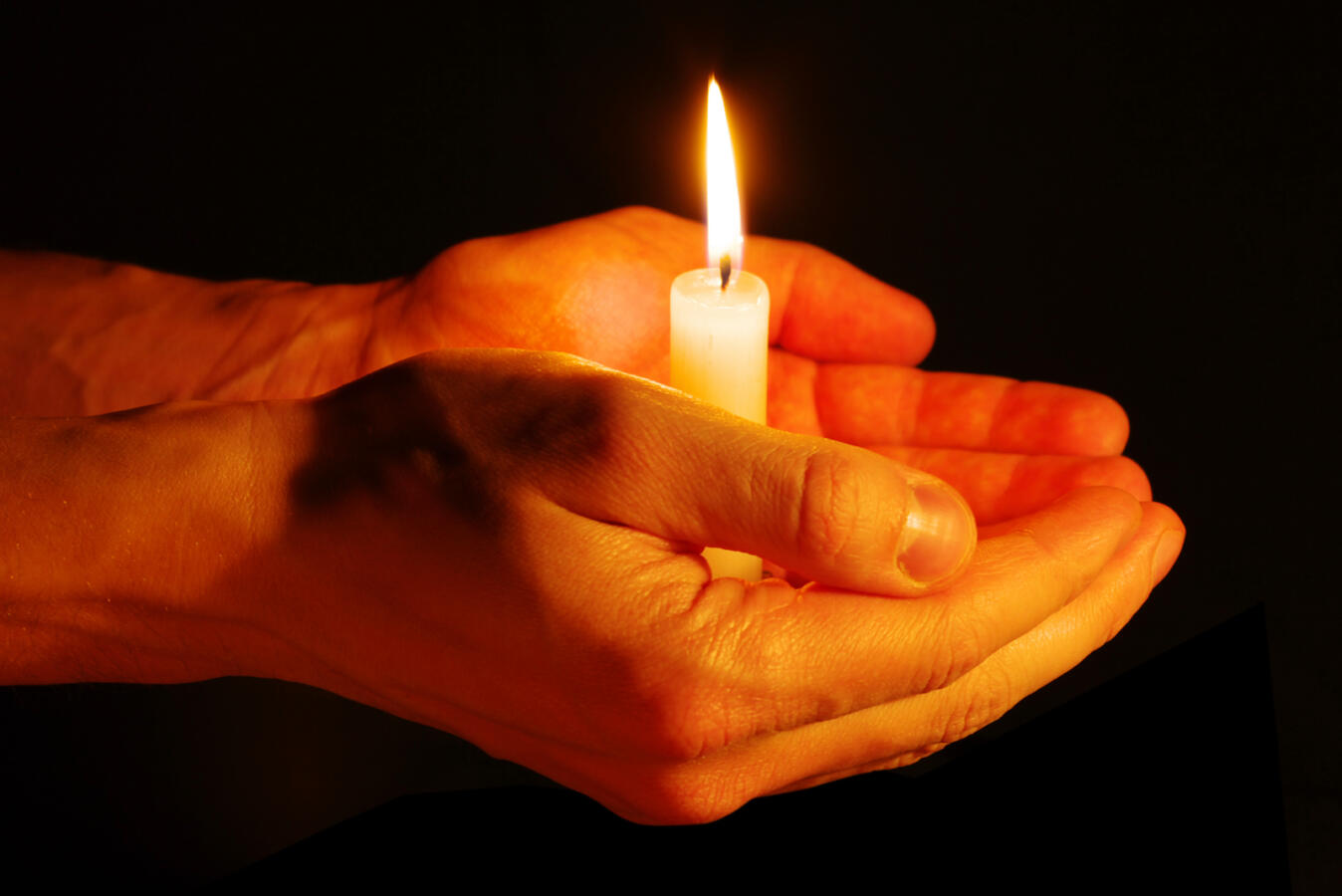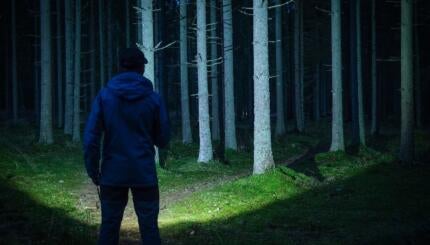Born and raised in Canada, I grew up in the cold. But it wasn’t until I lived in England for three years that winter became a challenge. It wasn’t the temperature that got me, but the gray skies and the short days. Eventually, I figured out that the days on which my dissertation felt impossible to write were also the days on which no sun appeared. That realization was enough to help hold me until spring.
Even though those days are long behind me, I think of them at this time of year, when the days grow shorter and the skies are often filled with clouds. We rabbis sometimes joke about the sweetness of the Hebrew month of Heshvan, known in some sources as Mar Heshvan (“bitter Heshvan”). It gets this moniker because it is a month with no holidays, and after the intensity of Tishrei — the month of Rosh Hashanah and Yom Kippur, Sukkot and Simchat Torah — that often feels like something to celebrate.
My middle daughter — exasperated this past September when I kept putting off activities and conversations, saying, “It’s almost Rosh Hashanah” — finally exclaimed in a huff, “It’s always almost Rosh Hashanah!” No matter how sweet the holidays are, there is a relief when we reach the other side.
But then the weeks pass, we catch our breath, and the days grow short and cold. Where I live, in Montreal, the bright beauty of fall starts to hint of winter’s shadow. Even though I know the months ahead will be cold but bright, blue skies reflecting off sparkling snow, I remember those gray days of so many years ago. I remember how small and dark my world became, how every task felt like a mountain, and every goal beyond my reach.
With your help, My Jewish Learning can provide endless opportunities for learning, connection and discovery.
So I’m grateful when Heshvan ends, as it did this week, and the month of Kislev begins, with its promise of Hanukkah, of warmth and of light.
One of my favorite stories, often told on Hanukkah, is of an architect who designs a magnificent synagogue. When the time comes for the dedication, the community comes together in celebration. But as the sun begins to set, the murmuring begins. “Wait!” the congregants protest, “there are no lights!”
“Ah,” says the architect with a smile. “I simply created the building. You must bring the lights.”
I love the lesson of this story, that it is on each of us to add our own light. But this year, I wonder about the times that bringing our own light feels impossible. About the times when we are struggling — perhaps with grief or depression. These are not moments to be blamed or shamed. And they are often not in our control.
Recently, I encountered a prayer in the Talmud offered by Rabbi Alexandri as his own addition to the prescribed order of the prayers:
May it be Your will, Eternal our God,
that You station us in a lighted corner
and not in a darkened corner,
and do not let our hearts become faint
nor our eyes dim.
I appreciate the nuance of this prayer. Put me in a place of light, Rabbi Alexandri says, so I can have courage and see clearly. But he also seems to acknowledge that sometimes we stand in a dark place in which hope is harder to find.
Like the architect, sometimes we show up empty handed. Other times, we bring enough light for ourselves and our neighbors, so everyone has enough. In her book Wintering, Katherine May shares the experience of going to a Swedish church for Saint Lucy’s Day, which used to be celebrated on the winter solstice, the shortest day of the year. It is a service which, in her description, reminds me of Hanukkah — full of children and candles, light and song.
“Saint Lucy didn’t cure me,” writes May, who was struggling with her own dark times. “I didn’t dance up the aisle, having miraculously found my way. But she brought a little light. Just enough to see by.”
Sometimes we are the shamash, the Hanukkah menorah helper candle, able to give light to another. Other times we are the ones who need to borrow a spark. Just enough to see by, as we look towards brighter days.
This article initially appeared in My Jewish Learning’s Shabbat newsletter Recharge on Nov. 6, 2021. To sign up to receive Recharge each week in your inbox, click here.



